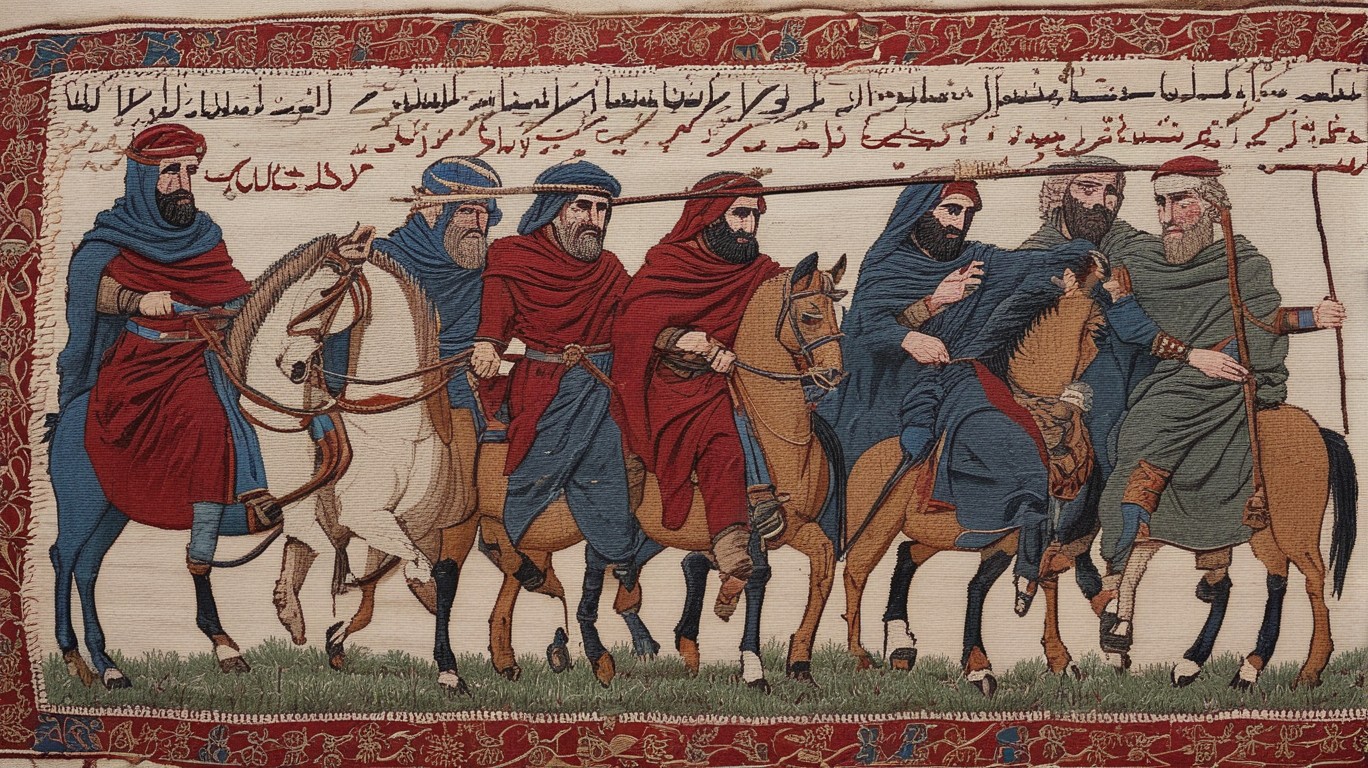
Anti-Syrian uproar breaks out in Turkish-held Upper Syria in response to prior anti-Turkish disturbances in the city of Kayseri, Turkey, as reported by the Syrian Observatory for Human Rights and Middle East Monitor.
In the midst of a tempestuous summer, an upheaval stirs among the populace of Turkish-controlled Upper Syria. The discord arises as a reaction to prior anti-Turkish disturbances that had riled the city of Kayseri in Turkey, as reported by reliable sources such as the Syrian Observatory for Human Rights and Middle East Monitor.
The roots of this strife can be traced back to the long-standing tensions between the Turkish and Syrian communities. These hostilities have been a persistent thorn in the side of regional stability since the end of the Ottoman Empire's reign, which once governed over these lands.
In recent days, a series of anti-Syrian demonstrations erupted throughout Upper Syria. These public displays of animosity were fueled by an undercurrent of resentment that had simmered for some time following the discovery of several instances of desecrated Turkish shrines in Kayseri. This act of sacrilege was found to be the work of unknown parties who sought to stir further discord between the two communities.
The Turkish authorities wasted no time in responding to these incidents. They swiftly laid blame on the Syrian community, accusing them of orchestrating the defilement of their sacred places of worship. In their eyes, this act of vandalism was nothing more than an attempt by the Syrians to further undermine the stability of their shared region.
This accusatory stance has only served to deepen the chasm between the two communities. The fervor with which the Turkish authorities have pursued this line of thought has led to a growing sense of paranoia among their Syrian counterparts. This, in turn, has fueled an insidious fear that the Turkish are attempting to assert greater control over the region.
The Syrian Observatory for Human Rights and Middle East Monitor have both reported on how these tensions have escalated dramatically since the discovery of the desecrated shrines in Kayseri. Both organizations have called for urgent intervention from regional and international authorities, urging them to take swift action to quell this growing unrest before it spirals into a full-blown crisis.
As the situation continues to unfold, the stakes grow higher with each passing day. The question on everyone's mind is: Can these tensions be resolved before they escalate further? Or will the deep-seated animosities that have long plagued this region lead to an even greater conflagration?
Only time will tell if this volatile cocktail of resentment, fear, and paranoia can be adequately diffused by those with the power to do so. What is clear, however, is that the people of Upper Syria are caught in the eye of a storm they did not create but now find themselves powerless to escape.